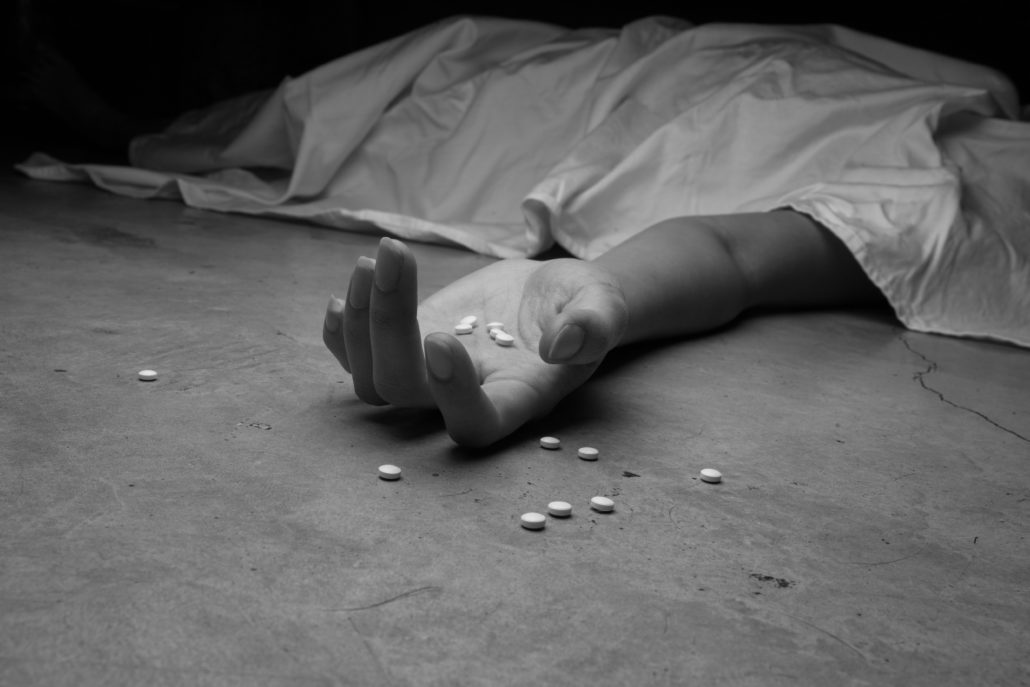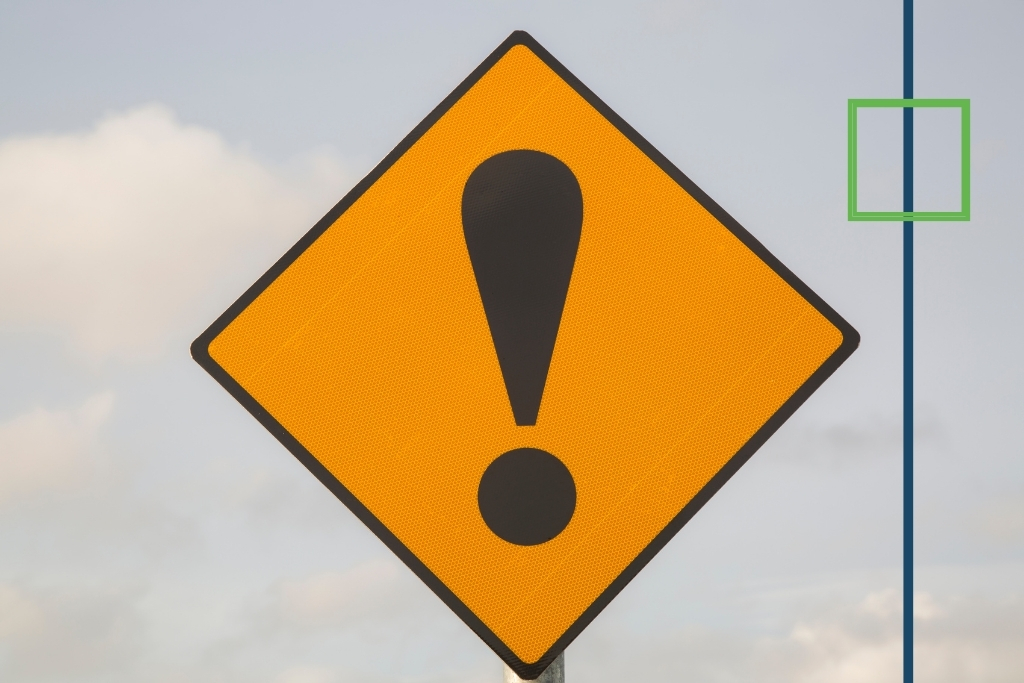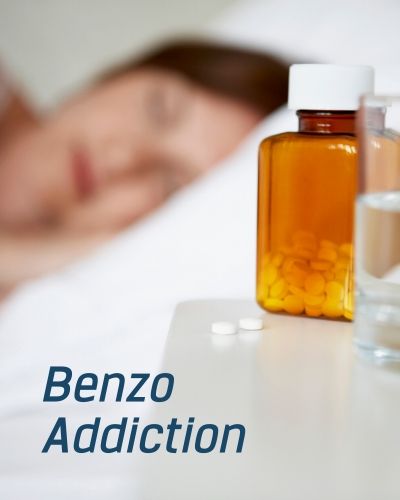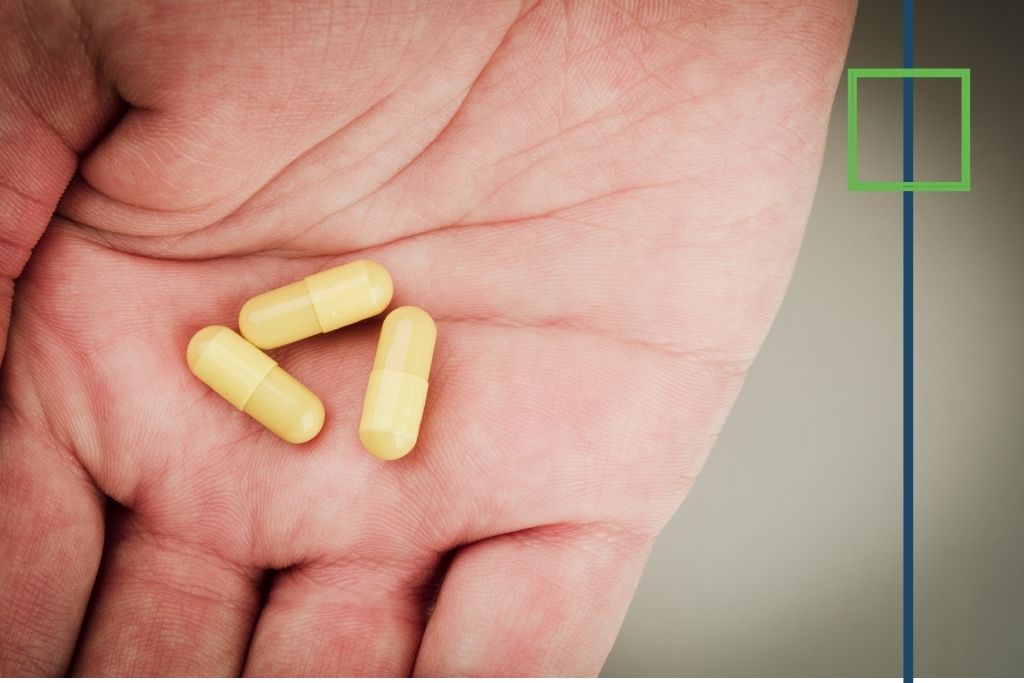What is Ativan?
Ativan (Lorazepam) is a drug that calms the central nervous system (CNS) to soothe feelings of anxiety. This drug works by enhancing the effects of a specific natural chemical in the body (GABA). It is the most portent Benzodiazepine or Benzo, and it carries a substantial addiction risk. Unfortunately, Ativan is a prescribed drug taken orally that is capable of causing addiction, especially in those with a history of other mental disorders. Users can quickly develop tolerance and dependence and soon find themselves struggling with Ativan addiction.
Despite its legitimate medical uses, Ativan has known addictive and dependence liability. This is one reason why Ativan is prescribed for relatively short-term use. Moreover, people should be careful to adhere to prescription guidelines. If an individual exceeds the recommended dosage, it may increase the likelihood of addiction development.
Because lorazepam (Ativan) has a high potency, it can end in more extreme cravings when it is discontinued. These intense cravings may result in individuals using more of this drug than prescribed, using Ativan for more extended periods than needed, and attempting to get Ativan from other doctors (doctor shopping) or other individuals. This can result in critical abuse and addiction.

According to the US Food and Drugs Administration (FDA) [1], the use of benzodiazepines, including lorazepam or Ativan, may lead to physical and psychological dependence. The risk of dependence increases with higher doses and longer-term use and is further increased in persons with a history of alcoholism or drug abuse or in persons with significant personality disorders
Signs of Ativan Addiction
Generally speaking, about one-third of people who take benzodiazepines for longer than four weeks will develop a dependence on them. This number is likely to be higher in the case of lorazepam (Ativan) because of its potency. Ativan is widely used recreationally around the world because of the pleasurable “high“ it produces in the user. Unfortunately, it is also used in many criminal activities, including rape, and robbery.
The signs of Ativan Addiction may include:
- Despite initial intentions, the person takes too much Ativan or takes it for a more extended period of time than expected
- There is a persistent desire or unsuccessful effort to cut down or control the use of the Ativan
- The person spends a disproportionate amount of time using Ativan, getting Ativan, or recovering after using Ativan
- The person has cravings to use Ativan. Due to Ativan addiction, the person is not able to perform to the necessary standard at work, school, or home
- Users continues to use the drug even though doing so is causing interpersonal problems
- The person repeatedly uses Ativan even when doing so puts them in danger or at risk for a host of troubles such as, drugged driving
- The person continues to use of Ativan even though it is causing psychological or physical problem
- Users develops a tolerance for Ativan. Tolerance is a natural process that requires a person to take more of a drug as time passes
- The person goes into withdrawal. Withdrawal is a natural process that occurs when a person stops using the drug or reduces the familiar amount of the drug used
Ativan Overdose

Ativan overdose may happen at any level higher than what your doctor has prescribed for you. The amount of Ativan that a person takes to reach an overdose differs from person to person. This can be based on weight, gender, genetics, and underlying health conditions, among other factors. The doctor prescribing a person Ativan is taking these factors into account when deciding what dose is safe.
Because Ativan is extremely potent and can appear harmless as a prescription drug, it may cause both accidental and intentional abuse as well as an accidental overdose. Most commonly, overdoses happen when it is taken in combination with alcohol or other drugs.
Signs of an Ativan Overdose
Signs of Ativan Overdose may include the following:
- Mental Confusion
- Slurred Speech
- Lack of Energy
- Loss of Control of Body Movements
- Muscle Weakness
- Low Blood Pressure
- Slow Breathing
- Passing Out
- Coma
Severe cases of Ativan overdose, especially when the drug was used in combination with other drugs, can be fatal.
Ativan Addiction Long-Term Use Side Effects
Long-term use of this drug can negatively impact an individual’s physical, psychological, and emotional health, as well as the quality of home life and relationships. When Ativan use becomes an addiction, medically-assisted detox and rehab can help users safely withdraw from the drug and regain control over their lives.
Long-term Abuse of Ativan can lead to:
- Sedation
- Fatigue
- Anxiety
- Confusion
- Disorientation
- Memory Loss
- Learning Difficulties
- Mouth Sores
- Abdominal Bleeding
- Kidney Problems
- Headaches
- Loss of Appetite
- Insomnia
- Seizures
- Family Difficulties, including child abuse
- Divorce
- Financial Difficulties
- Legal Challenges, including incarceration
- Unemployment
- Withdrawal Symptoms
Ativan Addiction Withdrawal
People who are addicted to Ativan will likely experience withdrawal when they quit using the drug. Also, withdrawal happens to those who rapidly decrease their dose. Apparently, even those who follow a prescription and follow recommended dosage can have withdrawal symptoms. People may develop a physical dependence on Ativan in just a week.
Withdrawal from Ativan can be potentially dangerous and even deadly because of the possibility of developing seizures during the withdrawal process. Withdrawal often occurs in two stages, these are acute and post-acute withdrawal syndrome (PAWS).

Ativan Addiction Withdrawal Acute Symptoms
- Sleep Disturbance
- Irritability
- Increased Tension and Anxiety
- Panic Attacks
- Hand Tremors
- Excessive Sweating
- Palpitations
- Difficulty Concentrating
- Dry Heaving and Nausea
- Headache
- Muscular Pain and Stiffness
- Blood Pressure Changes
- Rapid Heart Rate
- Weight Loss
Ativan Addiction Withdrawal PAWS Symptoms
- Depression or Dysphoria
- Cravings
- Sleep Difficulties
- Difficulty Concentrating
- Reduced Interest or Lack of Initiative
- Inability to Feel Pleasure
- Constantly Feeling Tired
- Obsessive Compulsive Tendencies
- Memory Problems
Ativan Addiction Withdrawal Timeline
Acute withdrawal symptoms can start within 10 to 24 hours following the last dose. However, the amount of time varies per person and may be longer or shorter for some. The average onset of withdrawal symptoms is 3-4 days.
A post-acute withdrawal syndrome occurs after the acute phase and typically lasts 10-14 days. However, in individuals who use very high doses of Ativan, it could last even longer. In this stage, individuals will continue to experience symptoms of anxiety, drug cravings, nausea, vomiting, headache, general malaise and may even begin to develop depression. Some individuals who have co-occurring anxiety or panic disorder may also experience a return of anxiety symptoms that may persist until treatment is put into place.
Days 1-3
- Acute withdrawal symptoms, like headache and nausea, typically begin within the first 24 hours after quitting use.
Days 4-7
- Symptoms of withdrawal tend to peak during this time period. The symptoms and severity vary by person but may include tremors, cravings, and irritability.
Days 8-14
- The symptoms of withdrawal usually start to lessen during the second week. By this time, acute withdrawal symptoms should have most, if not completely, subsided. Rebound symptoms often start 2-3 days after acute withdrawal ends and may include severe anxiety, rapid heart rate, an increase in blood pressure, and insomnia.
Days 15+
- Typically the worst part is over at this point. The acute withdrawal symptoms should mostly be gone. Any lingering symptoms should be mild. Protracted withdrawal symptoms may begin for some Ativan users.
Medically- Assisted Ativan Detox
The first step in treating Ativan addiction withdrawal is to do a detox from the substance. During Ativan detox, individuals slowly taper off their dose over the course of a month or more until they are no longer dependent on the substance.
Some withdrawal treatment programs may also provide a less powerful and longer-acting benzodiazepine for individuals with severe Ativan addiction. Medications can help to reduce Ativan addiction withdrawal symptoms and make the detox process more comfortable.
It is also safer to detox within a medically assisted facility with a clinician. Doctors can monitor the Ativan user during detox and intervene if any of the withdrawal symptoms become life-threatening.
Once detox is complete, treatment usually continues in an inpatient or outpatient setting, depending on the individual’s needs. Treatment in an inpatient or outpatient program will give the client their best chance at a successful recovery. These programs can help with the detox process, making it both safer and more comfortable. They’ll also teach the skills necessary to remain sober during recovery.
What to Expect During Ativan Addiction Detox
It is necessary for us to be transparent about the topic of detox because it will not be an easy process. A person will likely experience different side effects from their drug use. These side effects may be emotional, physical, or mental. Someone in withdrawal will likely experience uncomfortable feelings and negative thoughts about life during the process of detox. Unfortunately, for those with a physical dependency, detox is an inevitable first step to recovery.
The First Step of Recovery from Ativan Addiction
Ativan addiction, like many benzodiazepine addictions, can be overwhelming to face on one’s own. It’s essential that the person finds the proper treatment for Ativan addiction to treat their addiction individually and safely under the care of substance abuse disorder specialists.
Inpatient medical detox and residential primary addiction treatment may be available at our affiliated facility at Level Up West Palm Beach Rehab. For some primary behavioral health treatment clients, medical detox and or addiction rehab may be required first. If you have a co-occurring severe substance abuse diagnosis, please contact us prior to beginning inpatient mental health therapy. Treatment services may vary. Please call us to learn which treatment options are most suited for your individual needs.
Sources
[1] FDA – https://www.accessdata.fda.gov/drugsatfda_docs/label/2016/017794s044lbl.pdf
[2] What is Ativan Addiction » Drug Alcohol Addiction – We Level Up

